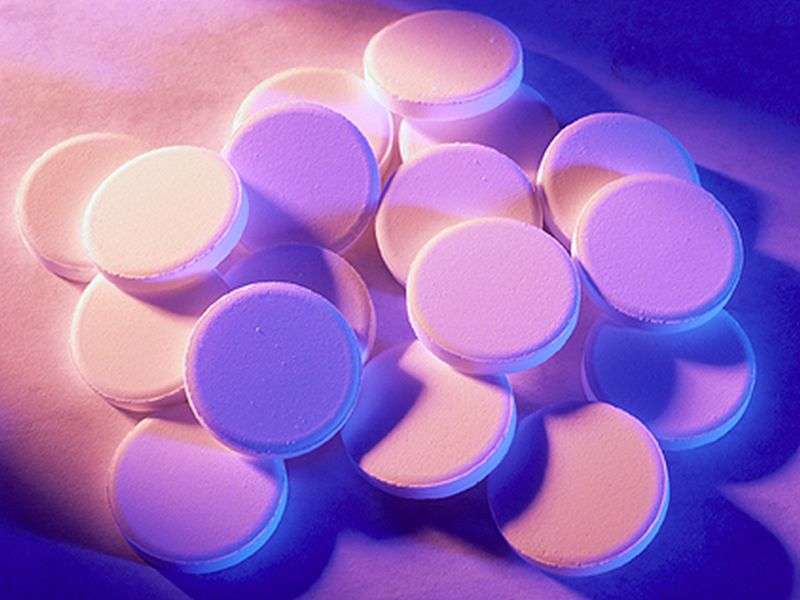(HealthDay)—For patients with type 2 diabetes (T2D) and vitamin D deficiency, vitamin D supplementation has no impact on insulin sensitivity or secretion, according to a study published online May 3 in Diabetes Care.
Hanne L. Gulseth, M.D., Ph.D., from Oslo University Hospital in Norway, and colleagues examined the impact of vitamin D supplementation on insulin sensitivity and insulin secretion in 62 adults with T2D and vitamin D deficiency. Participants received a single dose of 400,000 IU oral vitamin D3 or placebo; if serum 25-hydroxyvitamin D (25[OH]D) was <100 nmol/L after four weeks, the vitamin D group received an additional 200,000 IU D3.
The researchers found that the mean serum 25(OH)D was 38.0 ± 12.6 nmol/L at baseline and increased to 96.9 ± 18.3 nmol/L, 73.2 ± 13.7 nmol/L, and 53.7 ± 9.2 nmol/L after four weeks, three months, and six months, respectively. During six months, the total exposure to 25(OH)D was 1,870 ± 192 nmol/L per week in the vitamin D group and 1,090 ± 377 nmol/L per week in the placebo group (P < 0.001). After treatment, there was no difference between or within the groups in insulin sensitivity, endogenous glucose production, or glycemic control (P = 0.52). There was no significant change after treatment in first-phase insulin secretion (P = 0.10).
"These findings do not support such use of therapeutic vitamin D3 supplementation to improve glucose homeostasis in patients with T2D," the authors write.
More information: Abstract/Full Text (subscription or payment may be required)
Journal information: Diabetes Care
Copyright © 2017 HealthDay. All rights reserved.























